Le Moyne Nursing Students Volunteer in Peru
In Ventanilla, a small, vibrant community on the outskirts of Lima, Peru, a team of 17 nursing students and professors from Le Moyne College in Syracuse, NY, arrived with medical kits, curiosity, and a shared mission: to serve, to learn, and to connect. As part of their goal to gain a global perspective on healthcare, these future nurses shared not only their clinical skills but also their compassion and open hearts. What they found in Peru was not just a place in need of help, but a community rich in resilience, culture, and love. Over the course of the week, they built meaningful relationships, provided care, and discovered the transformative power of listening and learning.
Volunteering in a long-term community development project is a chance to step into unfamiliar spaces, embrace cultural humility, and serve with both skill and heart. For many of the Le Moyne College students, this was more than practicing clinical skills, it was about stepping into a new world with open eyes and open hearts. “I wanted to gain practical experience in a diverse healthcare setting,” said Eidae Mi, and continued, “I wanted to learn and experience the difference in healthcare where environments offer different challenges and resources. I also wanted to learn more about cultural differences while serving the community.” That hunger to understand and serve was shared by others, like Stephanie Campagna, who said, “I love helping others and learning about other people’s cultures and healthcare systems.” During their service in Peru, the nursing students learned about the realities of public health in Ventanilla, a district north of Lima with nearly 300,000 mostly impoverished people living in 680 barrios.
“I wanted to learn and experience the difference in healthcare where environments offer different challenges and resources. I also wanted to learn more about cultural differences while serving the community.“
Eidae Mi
Sagrada Familia: A Haven of Hope and Healing
From the moment the team arrived, they were struck by the vibrant, self-sustaining spirit of “Sagrada Familia” (“Sacred Family”), a sanctuary for over 1,200 children who have been orphaned, abandoned, or rescued from abusive or dangerous environments. Founded to protect and uplift Peru’s most vulnerable youth, the community offers not only food, shelter, and love, but also holistic care: education from preschool through high school, vocational training in carpentry and sewing, and a health clinic where wellness is treated with both compassion and creativity.
What amazed the students from Le Moyne College wasn’t only the scope of the services, but the dignity and warmth with which they were offered. The campus functioned like a small village, with dormitories, gardens, a pharmacy, a bakery, and even a water treatment plant, carefully crafted to be as self-sufficient as possible. “My heart aches for some of the adversity this beautiful community faces,” Nya shared. “And yet, they welcomed us with open arms, with warmth, joy, and resilience that is humbling to witness.”
One of the most powerful early moments came during the team’s introduction to Miguel Rodríguez, the founder of Sagrada Familia. A man of unwavering resolve and boundless heart, Miguel has dedicated more than 25 years of his life to building this haven from the ground up, brick by brick, life by life. His story of resilience left a lasting impression. Though he spoke through an interpreter, his passion and sincerity needed no translation. “We connected in the soul as human beings and as caregivers,” Anjana shared. His presence was a reminder that transformational change often begins with a single, determined person who dares to love when the world forgets.
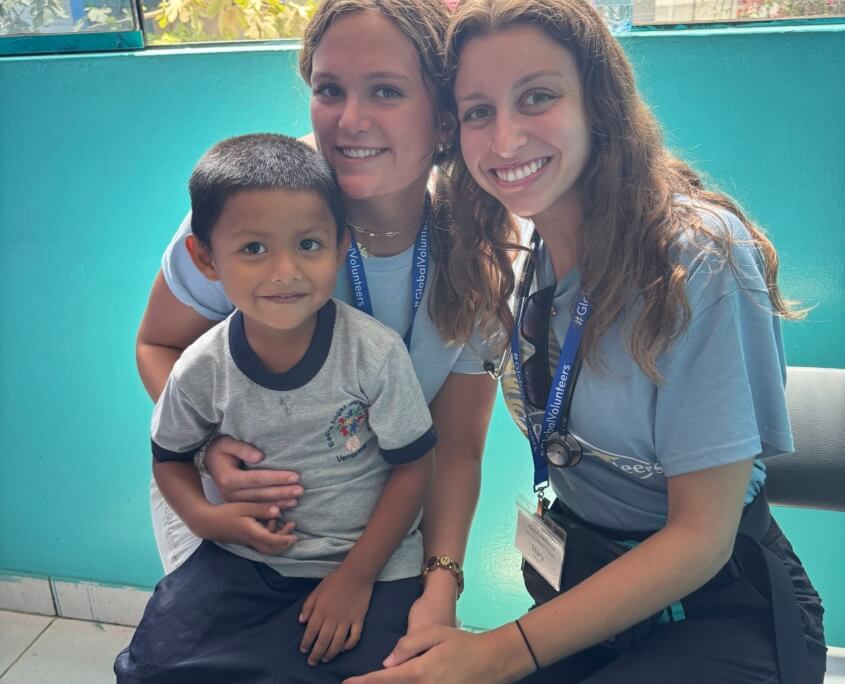
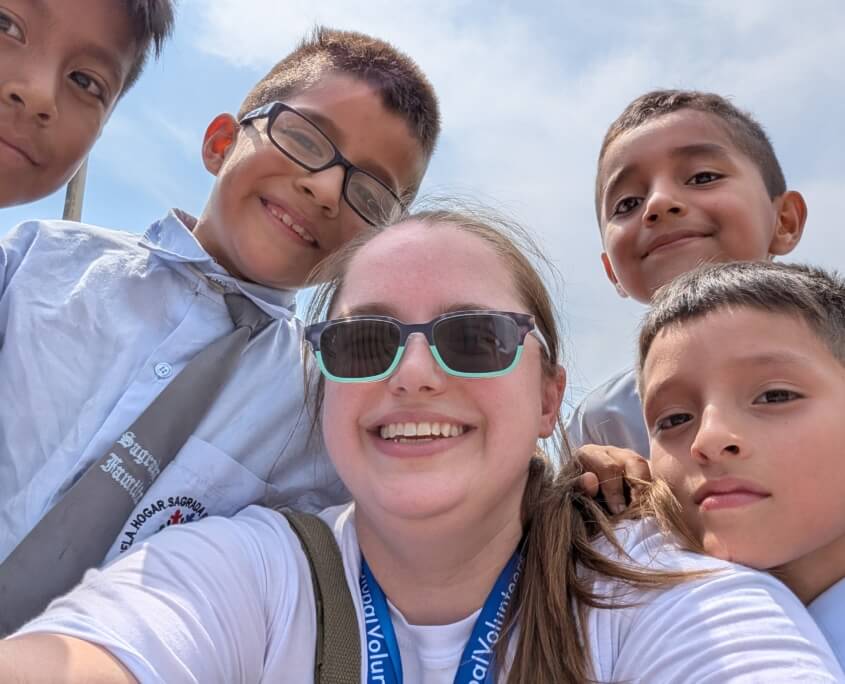
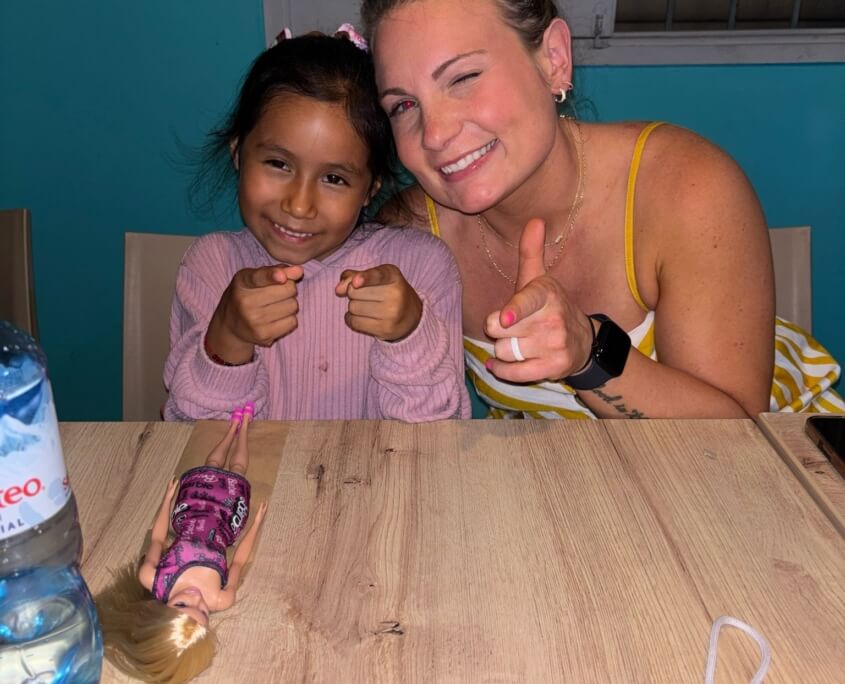
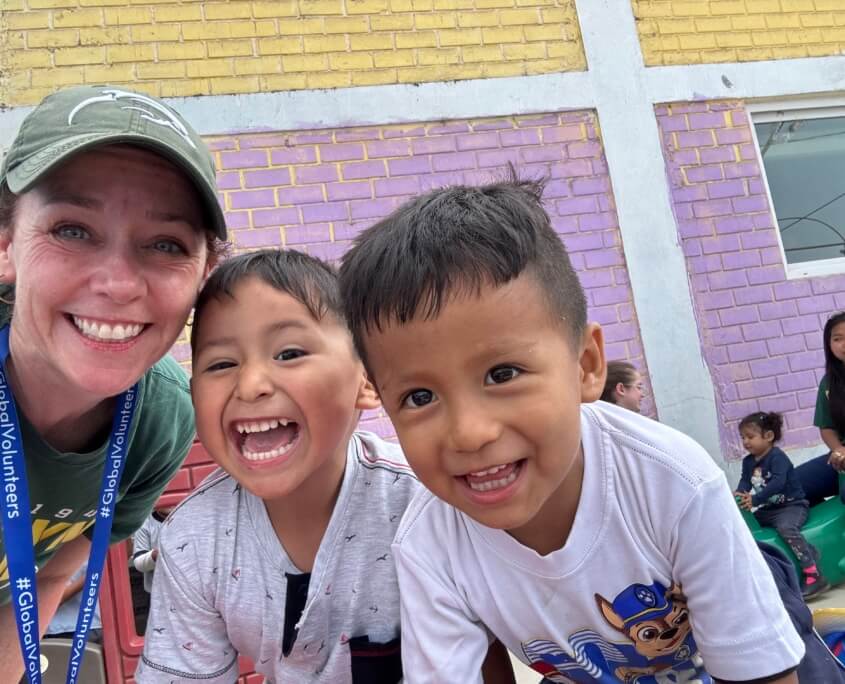
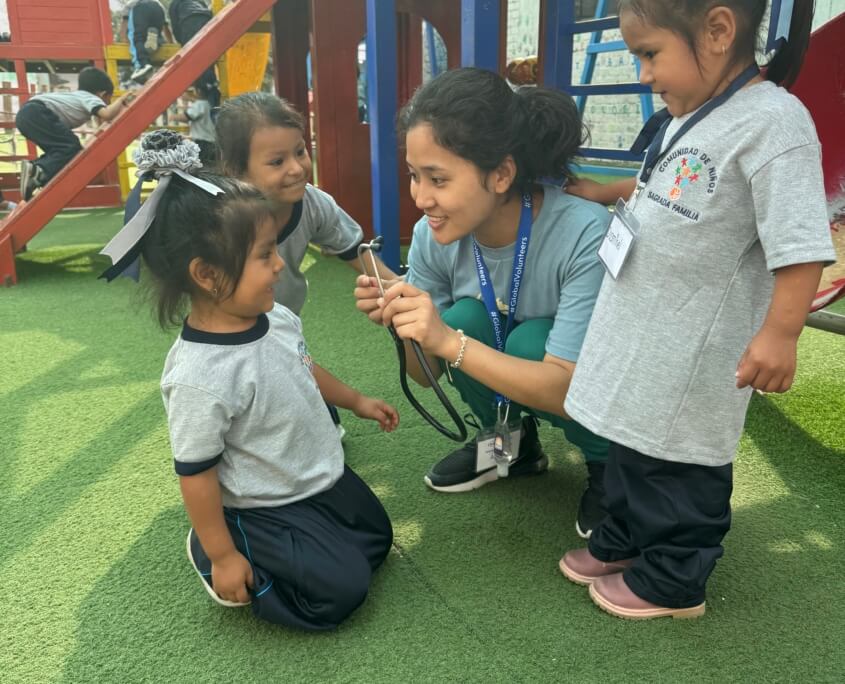
Making a Difference Through Compassionate Care
During their week in Peru, the team of nursing students and professors from Le Moyne College engaged in a range of hands-on projects designed to support both immediate health needs and long-term community well-being. From conducting health assessments at the Sagrada Familia clinic to leading educational workshops, the volunteers worked side by side with local families and caregivers. They visited homes in the hills of Ventanilla, offered personalized health guidance, taught medication administration, and helped strengthen health literacy. Through every encounter, whether teaching, listening, or simply playing with children—they demonstrated the true heart of nursing: building trust, honoring dignity, and delivering care that transcends borders.
Providing Healthcare with Heart: Learning in the Clinic
At the Sagrada Familia Children’s Home Clinic, students supported the Reaching Children’s Potential (RCP) Program by conducting health assessments. Rebekah Zarnowski recalled a powerful lesson during a check-up: “A child came in with a sore throat, and we didn’t have the diagnostic tools I’m used to. But an FNP student suggested a simple saltwater gargle. The mother and child laughed as we demonstrated it, but it was real relief. It reminded me that medicine isn’t just prescriptions—it’s about resourcefulness, connection, and tradition.” That small moment was a poignant reminder of the importance of adapting to a patient’s context and being resourceful with the tools at hand. This sentiment echoed through the group’s work and interactions. Whether performing check-ups, offering advice, or simply listening, the volunteers grew increasingly aware of the value of shared experiences. It was about doing the best with what was available, and it was about offering care that acknowledged the full human experience.

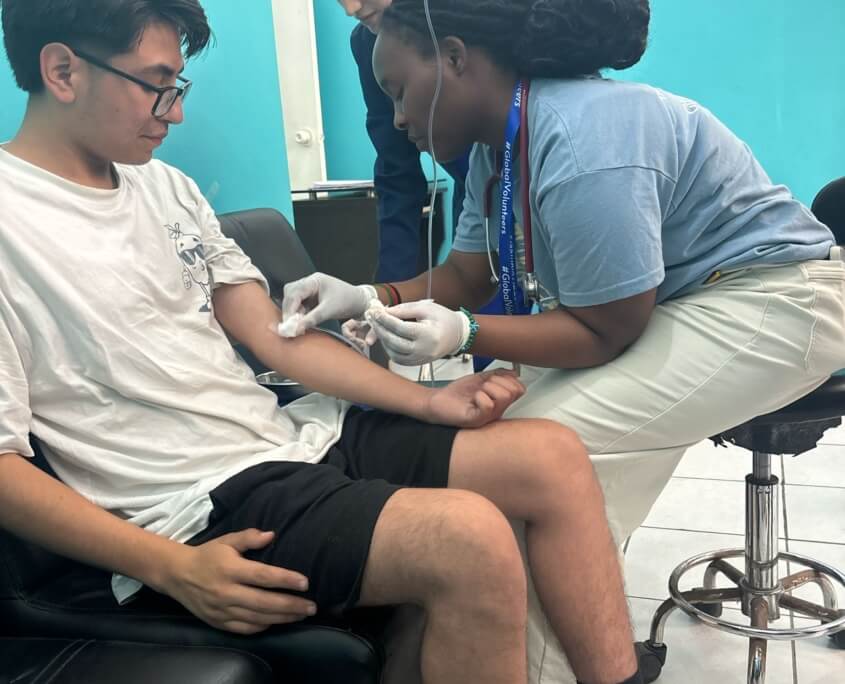
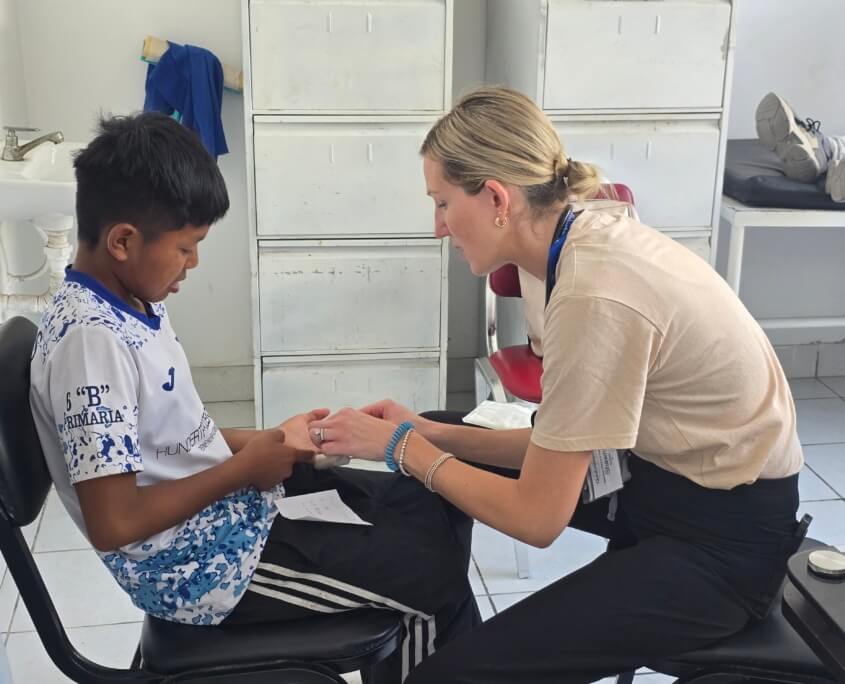
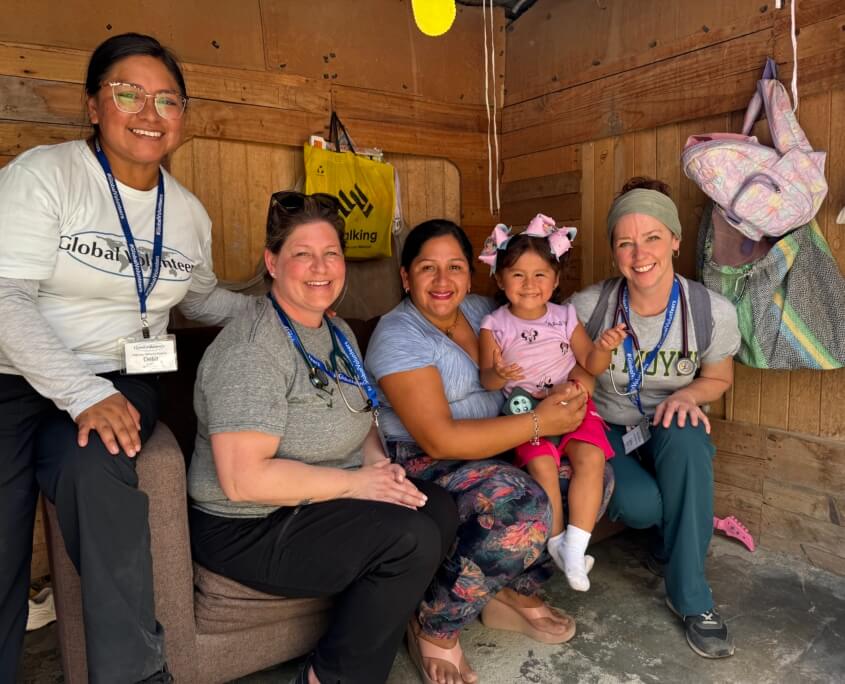
Conducting Home Visits: Witnessing Strength and Care
The team experienced firsthand the everyday challenges and joys of this community. On home visits, they encountered families navigating life with limited resources, but abundant warmth and care. Hikes through the hills to visit homes became a symbol of the team’s willingness to go the extra mile, both physically and emotionally. “We quickly learned that they prosper in love, and there is no one right way to live,” Anjana noted.
These visits were conducted alongside Global Volunteers’ local staff as part of a regular outreach effort. The primary goals were to help parents apply the knowledge learned in workshops, like nutrition, hygiene, and early childhood development, present practical resources, and offer support as families made important behavioral changes.
One of Ashley Benjamin ‘s most memorable days of the week was spent connecting with mothers and children in the community. After conducting a few home visits, Ashley’s heart was particularly touched by one mother, whose struggles with stress and a difficult situation were compounded by the stigma surrounding mental health care. It was a powerful moment for the team, especially Carrie Rewakowski, who was able to offer counseling and comfort to the mother in a deeply human way. “Carrie was in her element in that moment,” Ashley said. “Her expressions of heartfelt sincerity for this mother’s struggles were incredibly moving. I hope that we were able to give her encouragement and strength.”
In another home, the team provided education on proper medication administration, teaching a mother and daughter how to prepare an IM (intramuscular) injection. The mother’s confidence grew as they worked through the details together, and the experience was a reminder of the importance of patient education.
Advancing Health Education Through Trust and Connection
One of the most impactful aspects of the team’s work in Peru was their involvement in health education interactive workshops.
A particularly powerful moment came during a workshop on sexual health education. The volunteers noticed that some of the young girls felt uncomfortable asking questions about sexual health with boys and male teachers present. The team quickly adapted, creating a quiet, respectful space where the girls felt safe enough to open up and ask questions. “Once they felt that safety, they opened up,” Nya reflected. “It was a reminder that effective communication isn’t just about what we say, it’s about how we listen, how we welcome vulnerability, and how we make others feel seen.”
The boys, too, felt more comfortable after the session, bravely asking their own thoughtful questions. Through these conversations, the volunteers learned that teaching is not just about imparting knowledge—it’s about fostering an environment where people feel heard and respected. “By the end of the day,” Nya said, “I noticed something powerful tying us all together: a deeper sense of involvement, connection, and purpose.”
Mary Stefanos, too, had a memorable experience when mothers returned for a CPR and choking presentation. Many of them had previously met Mary during home visits, and she was thrilled to see them again. One mother shared that the reason so many moms were present at the workshop was because of the relationships the volunteers had built during their visits. “Thanks to our wholesome home visits and caring approach, the moms were interested in attending,” Mary said. “I was pleasantly surprised that most of them remembered my name and the day of the week that I visited, while also asking about my other team members.”
It was in these moments, surrounded by smiling faces and a deep sense of connection, that Mary realized just how much of an impact the team had made. The experience was a powerful lesson in cultural humility, empathy, and the deep, lasting effects of building genuine relationships. “I leave with irreplaceable, life-changing lessons that I will carry with me in my personal and professional life,” Mary concluded. “I am so thankful for this experience where I not only learned from my peers and mentors, but from these amazing moms and children.”
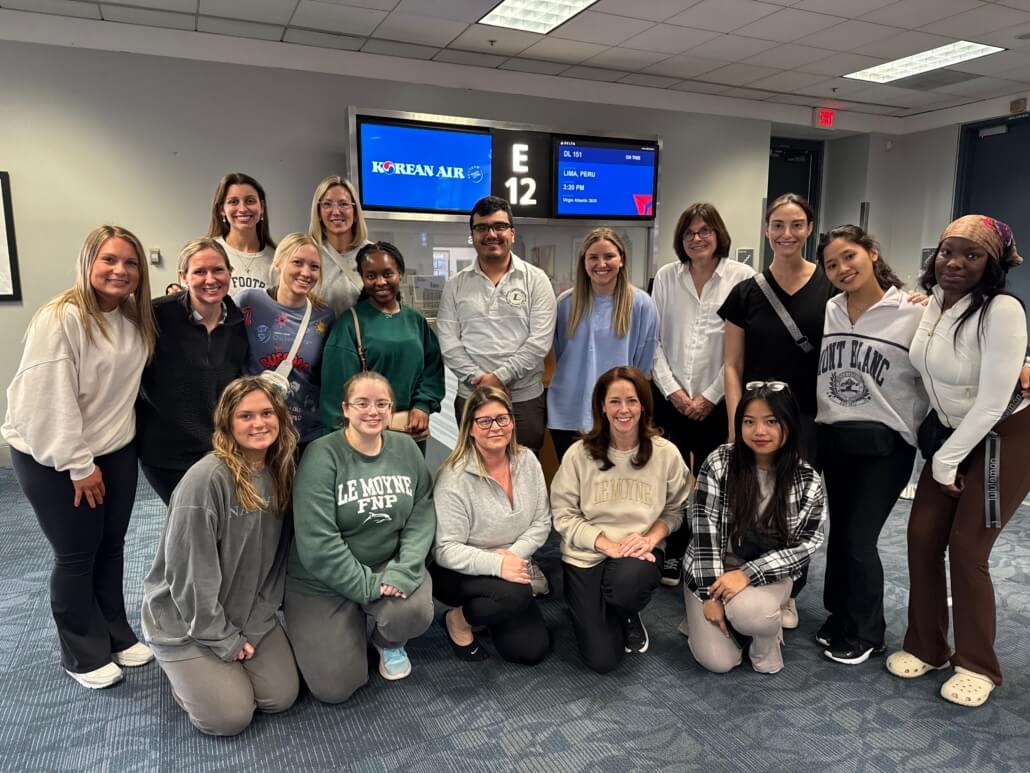
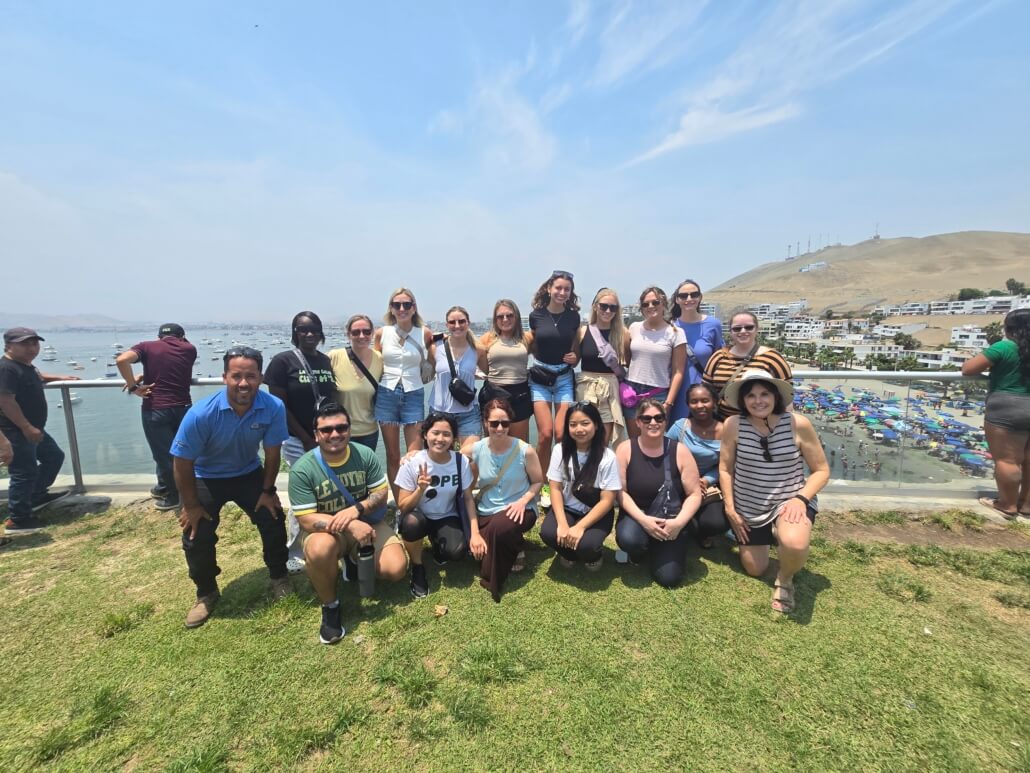
“I leave with irreplaceable, life-changing lessons that I will carry with me in my personal and professional life. I am so thankful for this experience where I not only learned from my peers and mentors, but from these amazing moms and children.”
Mary Stefanos
Lasting Lessons: From Peru to the World
As the week drew to a close, the volunteers from Le Moyne College left Peru with full hearts and a renewed sense of purpose. The connections they made—with each other, with the children and families at Sagrada Familia, and with the broader Global Volunteers team—affirmed why they chose a path in healthcare: to serve, to connect, and to make a difference. “The bonding of our team and the shared experience we’ve encountered on this trip is more than I could have ever expected,” Ashley reflected. “I’m forever grateful.” These experiences reshaped their understanding of global health, strengthened their cultural humility, and deepened their commitment to compassionate care. “I love you all, and I love Peru,” Rebekah added. “I will always cherish the lessons learned and memories made.” Echoing the spirit of service, Ashley closed with a sentiment that captured the heart of their journey: “Do your little bit of good where you are; it’s those little bits of good put together that overwhelm the world.”
Whether you’re a university group seeking a service-learning program for your students or an individual looking to share your time and skills where they are most needed, there’s a place for you in Global Volunteers’ service programs.
You may also like:

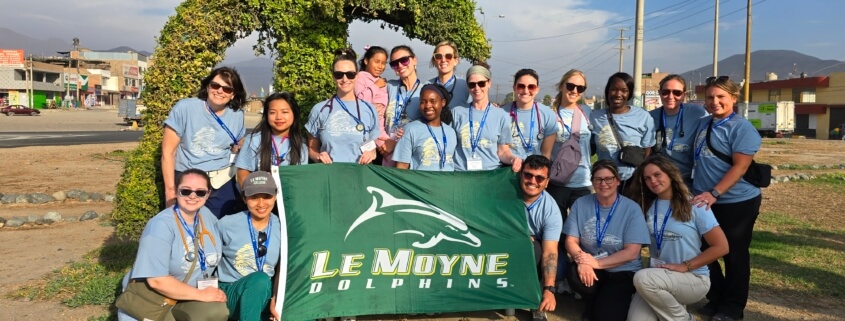
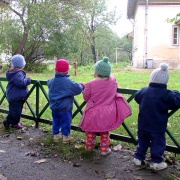
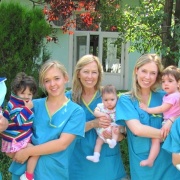
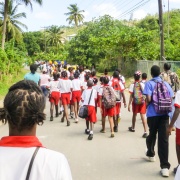
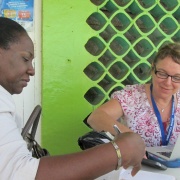
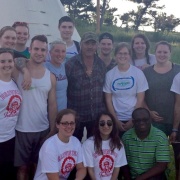
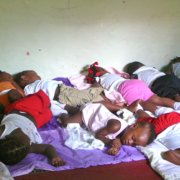
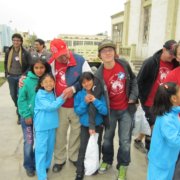
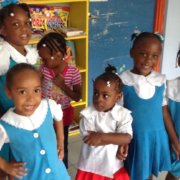


Leave a Reply
Want to join the discussion?Feel free to contribute!